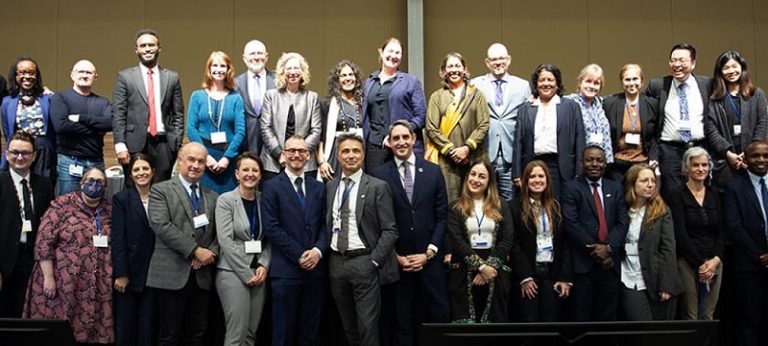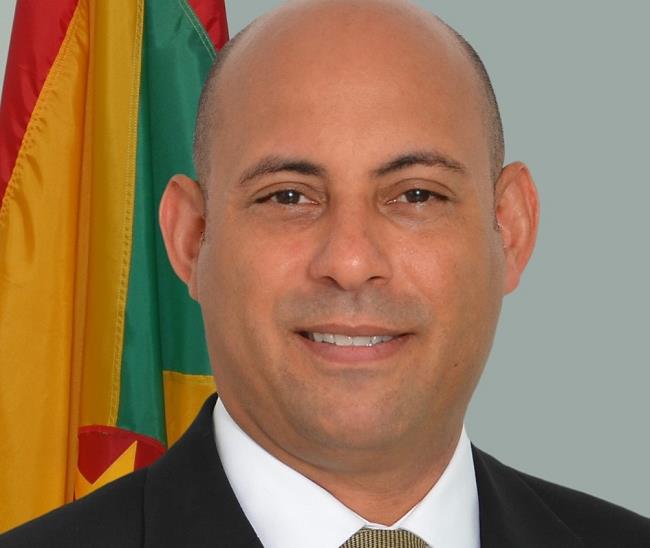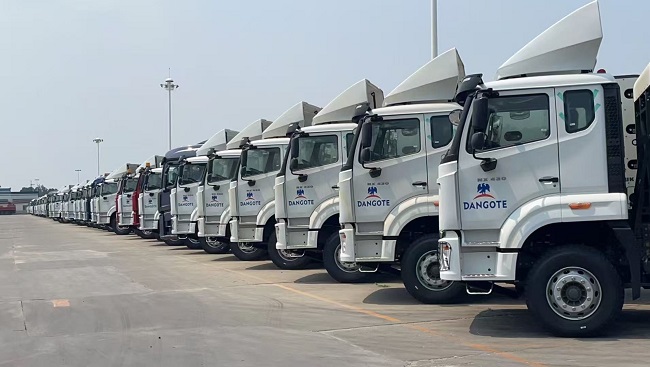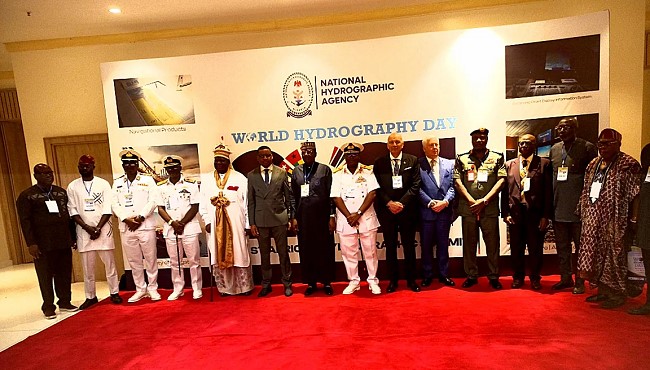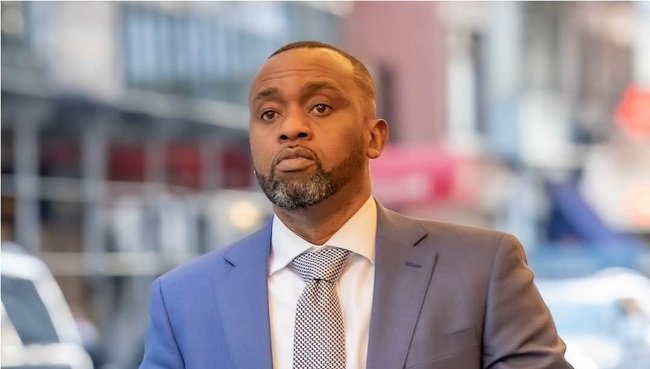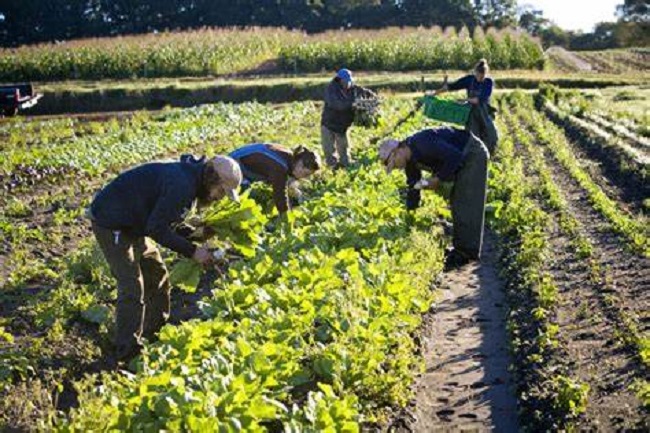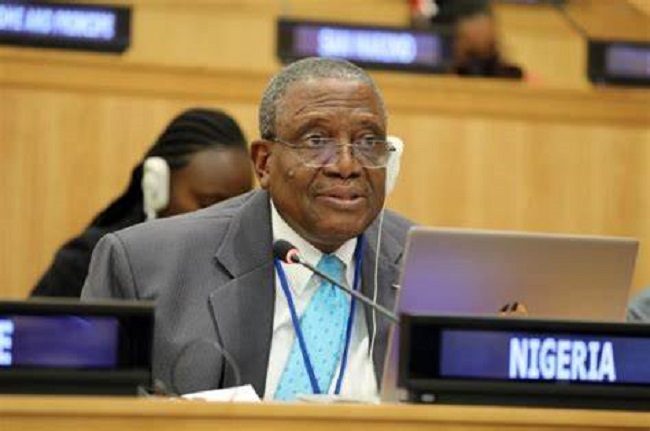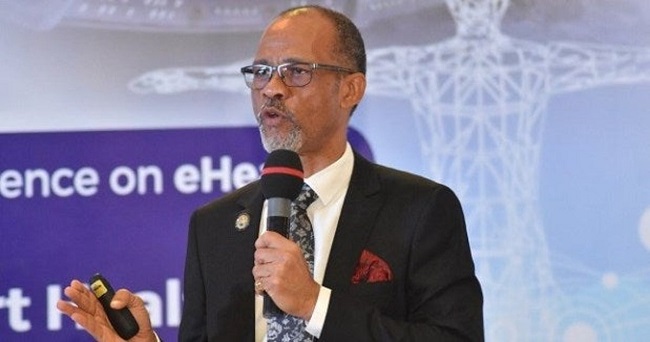Against a challenging geopolitical backdrop and in a major move to protect people and planet, countries on Friday, June 20, 2025, came together to agree a new global science-policy panel to support the sound management of chemicals and waste and to prevent pollution.
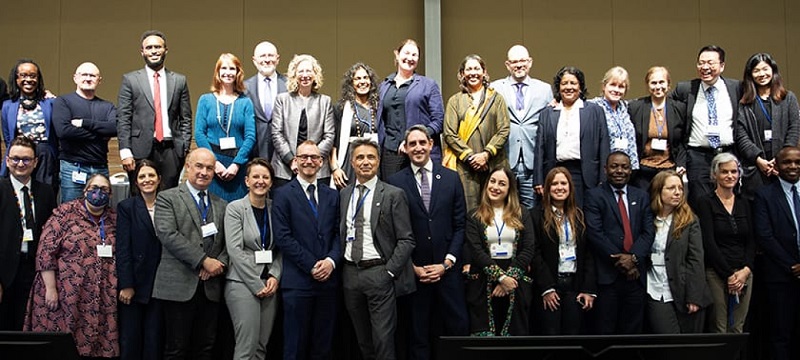
Designed to fill a major gap in the global environmental architecture, the panel will provide countries with independent, policy-relevant scientific advice on chemicals, waste, and pollution prevention. Talks were kickstarted in 2022 following the United Nations Environment Assembly (UNEA) resolution that called for the creation of an intergovernmental science-policy body on chemicals, waste and pollution prevention.
After several years of hard negotiations, convened by the UN Environment Programme (UNEP), the newly established panel is expected to conduct global assessments, identify knowledge gaps, communicate complex science in policy-friendly formats, and integrate capacity for national decision-making in relation to the panel’s function. It will also support horizon scanning to anticipate emerging threats and guide timely response.
As the impacts of the triple planetary crisis – the crisis of climate change, the crisis of nature and biodiversity loss, and the crisis of pollution and waste – become ever more extreme, this new panel also completes a global scientific trifecta alongside the Intergovernmental Panel on Climate Change (IPCC) and the Intergovernmental Science-Policy Platform on Biodiversity and Ecosystem Services (IPBES).
“Today we made history. This panel represents science and cooperation coming together to minimise the negative impacts of chemicals and waste and prevent pollution. This is the first step in delivering meaningful action to address our global waste and pollution crisis and secure a healthier, safer future for all,” said Inger Andersen, Executive Director of the United Nations Environment Programme (UNEP).
“During complex times, environmental multilateralism has yet again delivered for people and for our planet. Now our focus turns to operationalizing the panel so that it can quickly and effectively support countries, safeguard our environment and protect generations to come.”
A critical tool for global environmental governance
While chemicals are used daily in modern life, there can be unintended negative impacts that contributes to global pollution and increases the burden of disease – contaminating the air we breathe, the water we drink, and the soil we depend on. The impacts on human and environmental health are profound.
Municipal solid waste generation is predicted to grow from 2.1 billion tonnes in 2023 to 3.8 billion tonnes by 2050. In 2020, the global direct cost of waste management was an estimated $252 billion. Air pollution alone is linked to an estimated 6.5 million deaths annually, and deaths from modern forms of pollution have risen by 66 per cent over the past two decades.
The proposed panel aims to close the gap between science and policy by equipping governments – particularly in developing countries – with the evidence, insights, and tools needed to take effective, context-specific action.
Negotiations in Punta del Este built on the work of a dedicated working group that reconvened to resolve outstanding issues from its 2024 session. These discussions paved the way for an Intergovernmental Meeting, held from June 19–20 2025, in Punta del Este, Uruguay, where countries formally established the panel.
Next Steps
Countries reached agreement on the establishment of the new panel, which will be hosted by UNEP. The next step is to prepare for the panel’s first plenary session, where governments will discuss and adopt its initial work programme, priorities, and partner engagement, among other issues.

